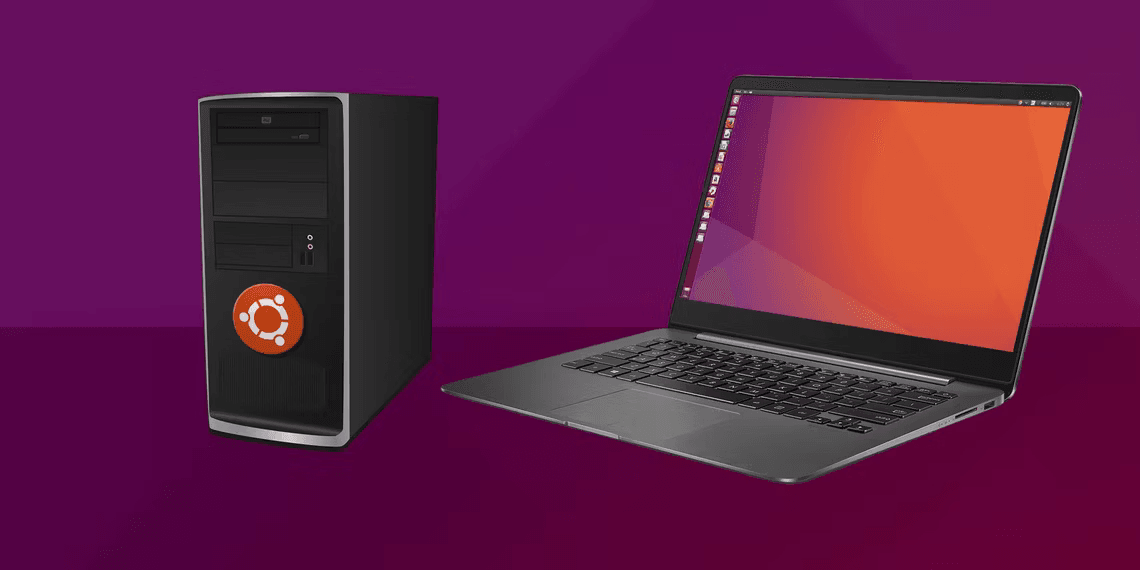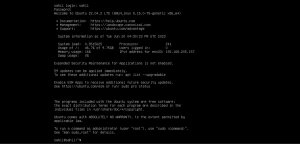Introduction: Ubuntu Desktop vs. Ubuntu Server
Ubuntu Desktop and Ubuntu Server are both popular choices in the world of Linux-based operating systems. However, these two variants of Ubuntu cater to different needs and use cases. In this article, we will delve into the differences between Ubuntu Desktop and Ubuntu Server, helping you make an informed decision based on your requirements.
Understanding Ubuntu Server
Before we dive into the distinctions between Ubuntu Desktop and Ubuntu Server, let’s clarify the concept of a server. Servers come in various forms, such as rackmount and tower configurations. Tower servers, resembling desktops, prioritize longevity, stability, and security, often utilizing ECC RAM. Servers are typically managed remotely without peripherals in a “headless” setup. Ubuntu Server, as an operating system, is designed for these server machines, providing essential tools for setup and maintenance.
Key Differences Between Ubuntu Desktop and Ubuntu Server
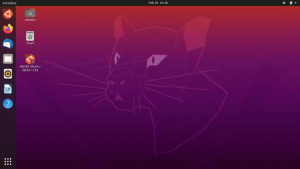
- Graphical User Interface: The Main Distinction Ubuntu Desktop boasts a graphical user interface (GUI), while Ubuntu Server operates without one. Servers usually run headless, managed remotely via SSH. Although a GUI can be added to the server, the absence of it leads to better performance for server tasks.
- Applications: Desktop vs. Server Focus Ubuntu Desktop is equipped with applications for everyday use, including productivity tools, multimedia software, and web browsers. Conversely, Ubuntu Server features packages centered around server requirements, such as email, file, and web servers.
- Installation: Process Variations Installing Ubuntu Desktop resembles any software installation. However, Ubuntu Server’s process-driven menu offers more customization options for the base system’s configuration.
- Performance Comparison Due to its lack of a GUI, Ubuntu Server can potentially offer superior system performance compared to Ubuntu Desktop. However, specific software installations can alter this performance balance.
- Similarities and Shared Kernel Both Ubuntu Server and Ubuntu Desktop share the same kernel build and developer support. This means that you can add packages to either variant, allowing customization according to your needs.
Image by https://www.makeuseof.com/
Choosing Between Ubuntu Server and Desktop
When to Opt for Ubuntu Desktop Ubuntu Desktop is ideal for everyday use, providing a user-friendly GUI and a range of applications for multimedia, productivity, and general tasks. You can also utilize it as a server by adding server software. For instance, it can be transformed into a home theater PC (HTPC) or a Linux game server.
When Ubuntu Server is the Right Choice Ubuntu Server is designed for dedicated server tasks. It is a suitable choice for headless server setups, and its lack of a GUI contributes to potentially better performance. Depending on the required packages, Ubuntu Server can serve as an email server, web server, or for other specialized tasks.
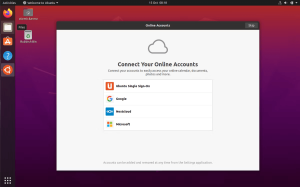
When to Use Ubuntu Server
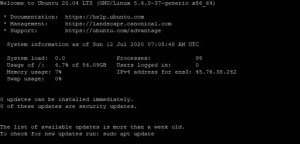
Ubuntu Server is best used for servers. That might seem obvious. But just like there are rackmount and tower servers, not all servers are the same. You should opt for Ubuntu Server over Ubuntu Desktop if you plan to run your server headless. You can always add a GUI later because the two Ubuntu flavors share a core kernel.
Additionally, Ubuntu Server is best for specific varieties of servers where the packages are included. For example, you might consider Ubuntu Server when creating an email server or web server.
Therefore, go with the option that’s less work for your project. If Ubuntu Server includes the packages you need, use the server and install a desktop environment. Absolutely need a GUI but want server software that isn’t included in the default Server install? Well, use Ubuntu Desktop and install the software you need.
While Ubuntu Server is equipped to meet most of your hosting requirements, if you are looking to set up a server for the long haul, you should learn how Ubuntu compares to other server distributions and figure out which works best for you.
Exploring Ubuntu Core
Ubuntu Core is a minimal version of Linux targeted at embedded devices like IoT or smart home projects. While it can perform server functions, it differs from Ubuntu Server in purpose.
Making an Informed Decision
Ultimately, the choice between Ubuntu Desktop and Ubuntu Server hinges on your specific needs. Consider factors such as GUI preference, intended applications, and performance requirements. Both variants can be customized to meet your goals, making the decision process more flexible.
Conclusion: Tailoring Your Choice to Your Needs
In the world of Ubuntu, the choice isn’t solely about Desktop versus Server. It’s about aligning your choice with your project’s needs, accessibility, and familiarity. Whether you require a robust GUI or seek streamlined server performance, Ubuntu offers options that can be tailored to your unique requirements.
By assessing your goals and understanding the differences between Ubuntu Desktop and Ubuntu Server, you’ll be better equipped to select the right variant for your endeavors.
Feel free to use the provided content as it is or adapt it to your preferences. This article aims to provide clear insights into the differences between Ubuntu Desktop and Ubuntu Server, helping readers make an informed choice based on their specific use cases.






